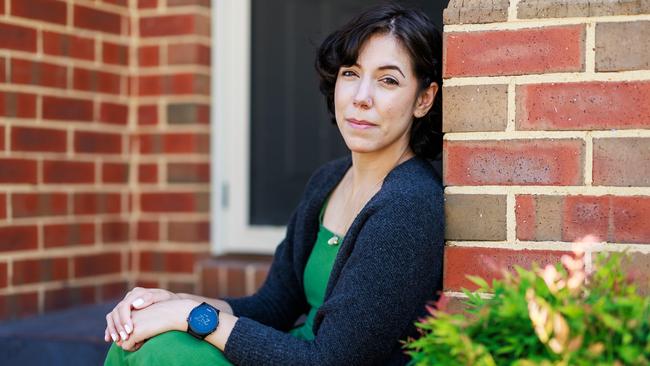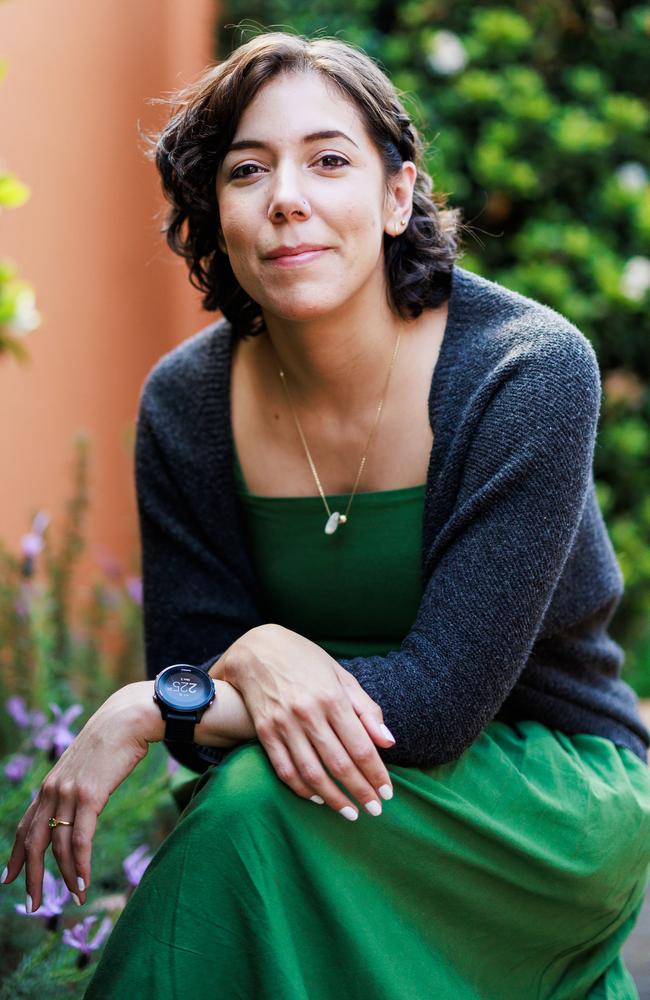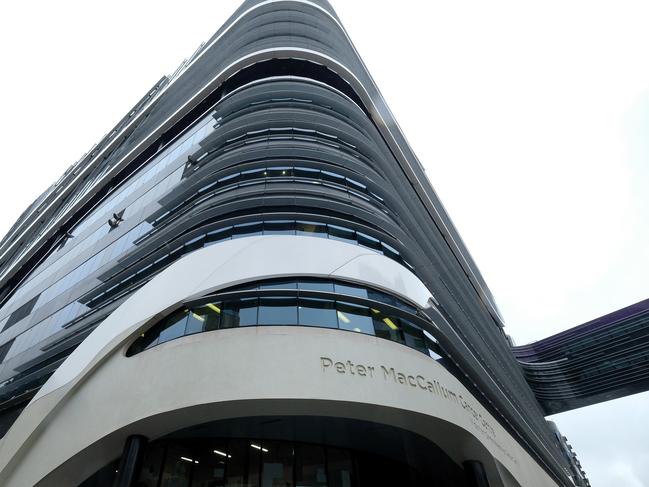Peter MacCallum Cancer Centre launches guide to ensure clinical trials account for fertility of women with cancer
It is not known whether new cancer drugs can affect a woman’s fertility, but a new move could help ease potential treatment delays related to egg retrieval.

Illness
Don't miss out on the headlines from Illness. Followed categories will be added to My News.
Exclusive: Young women with cancer will no longer be kept in the dark about whether new treatments will affect their fertility or push them into early menopause.
Researchers running clinical trials on cancer drugs are now being pushed by one of the most prestigious cancer bodies in the world to test a woman’s ovarian function before they are given new treatments and for it to be checked again after treatment finishes.
New guidelines developed by researchers at Australia’s Peter MacCallum Cancer Centre have been issued by an international taskforce set up by the American Society of Clinical Oncology (ASCO).
The ASCO Ovarian Toxicity Taskforce had input from experts, patients and international drug regulatory bodies.
“We’ve got multiple new agents, which are further improving the survival for a lot of our young women unfortunately, it’s very difficult to know how to inform patients about risks as to their future fertility,” said Dr Wanda Cui one of the lead authors of the ASCO statement, which is published in the journal Lancet Oncology.

Around the world 1.4 million women under the age of 45 are diagnosed with cancer every year.
Cancer treatment can affect a woman’s ovaries, potentially causing early menopause, lead to infertility and increase the chance of osteoporosis and cardiovascular disease.
While the impact of older chemotherapy drugs on ovarian function was well recognised, little was known about emerging drug classes such as immunotherapies.
Dr Cui and Professor Kelly-Anne Phillips’s research found only around one in 10 Phase III breast cancer trials conducted globally between 2008 to 2019 checked ovarian function as an endpoint.
Only one in five collected pre-treatment and post-treatment ovarian function data.
The new guidelines issued by ASCO call for ovarian toxicity monitoring to be standard in cancer clinical trials involving premenopausal patients.
It sets out the type of tests researchers should carry out, including checking whether a woman is having normal periods, and blood tests for Anti-Mullerian Hormone (AMH), a hormone secreted by cells in developing egg sacs, follicle stimulating hormone (FSH), a hormone that helps women release their eggs, and Oestradiol.

“Asking a woman to embark on a cycle of stimulation and egg retrieval before they start their cancer treatment, when we’re not sure if the particular treatment is going to affect fertility is quite a difficult decision and it could delay their treatment,” Dr Cui said.
“The aim of this statement, is to firstly raise awareness regarding this issue, but also to provide some recommendations regarding how best to assess ovarian toxicity in cancer,” Dr Cui said.
Mariana Corrales, a lab manager at Peter MacCallum Cancer Centre, was diagnosed with aggressive triple-negative breast cancer in early 2022.
After standard treatment she opted for the extra step of the immunotherapy drug atezolizumab.
She has responded well to the treatment and is now cancer free.
Fortuitously, well before her cancer diagnosis, Mariana had opted to freeze some of her eggs.
After her treatment ended “I did have my fertility tested and my AMH levels are actually fifth percentile, and so it is likely that I will be going into early menopause and I’m not sure that I would be able to naturally conceive a child in the future,” she said.
Having solid information about how her treatment would affect her ovarian function “would have prepared me a lot more psychologically. There’s so many unknowns, that to have some more information I think makes you feel a lot better.”





